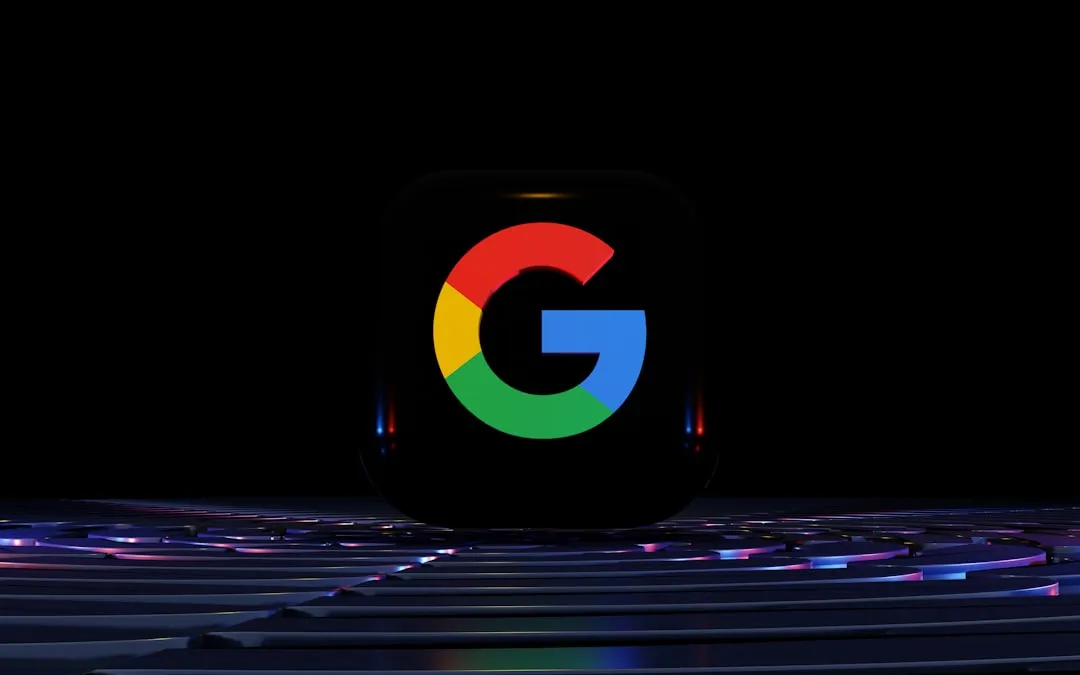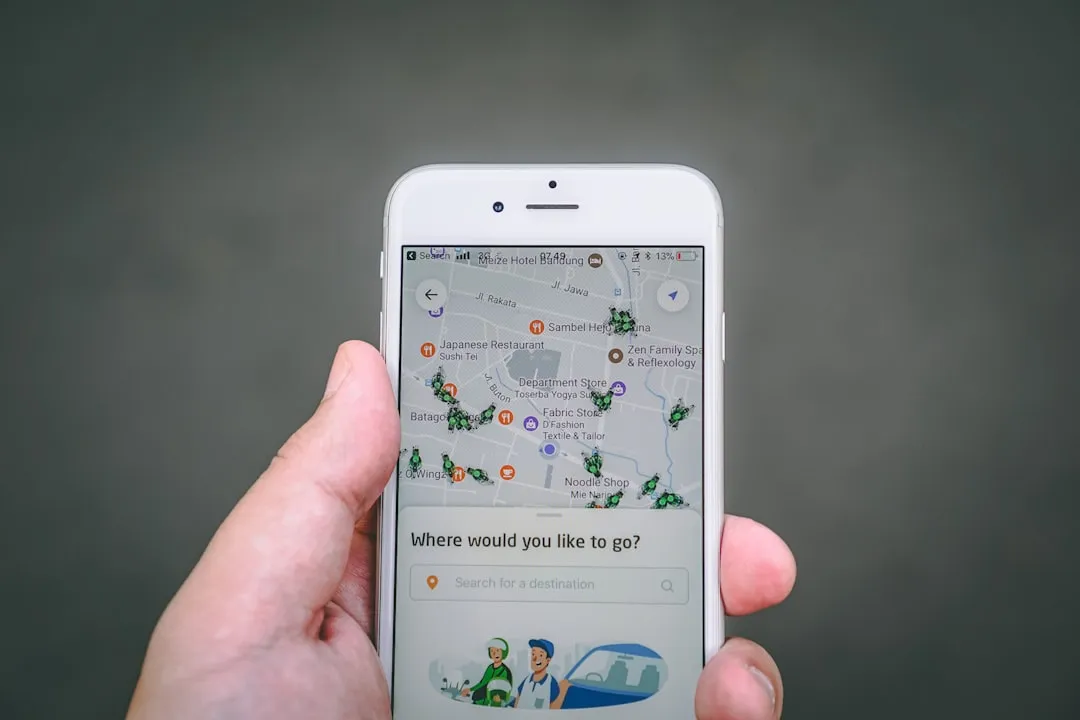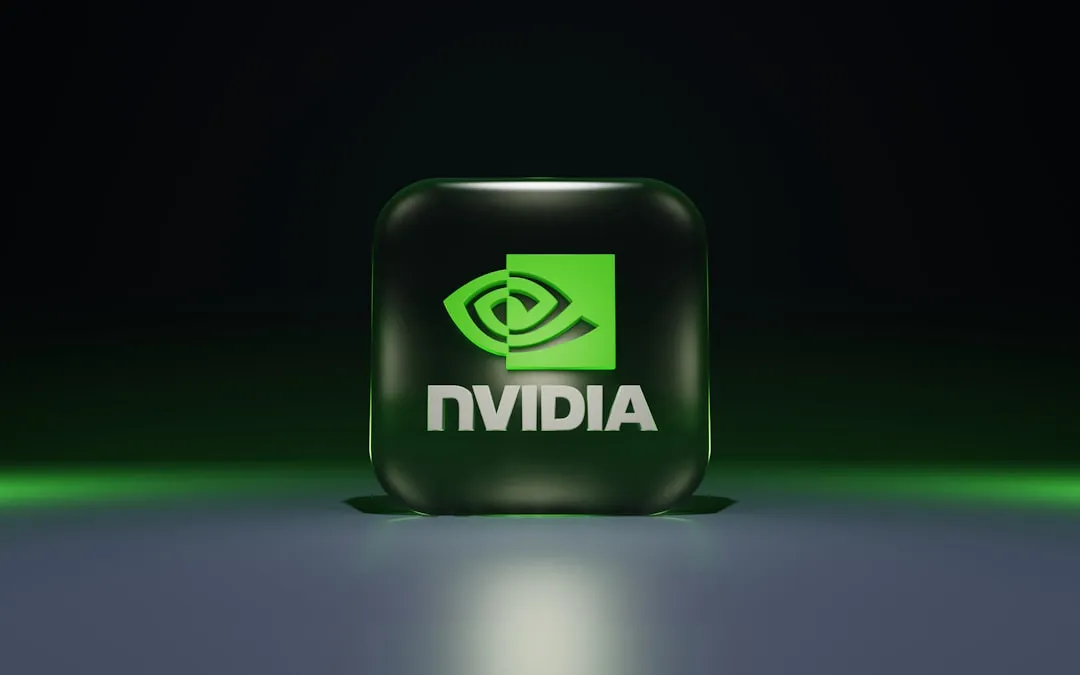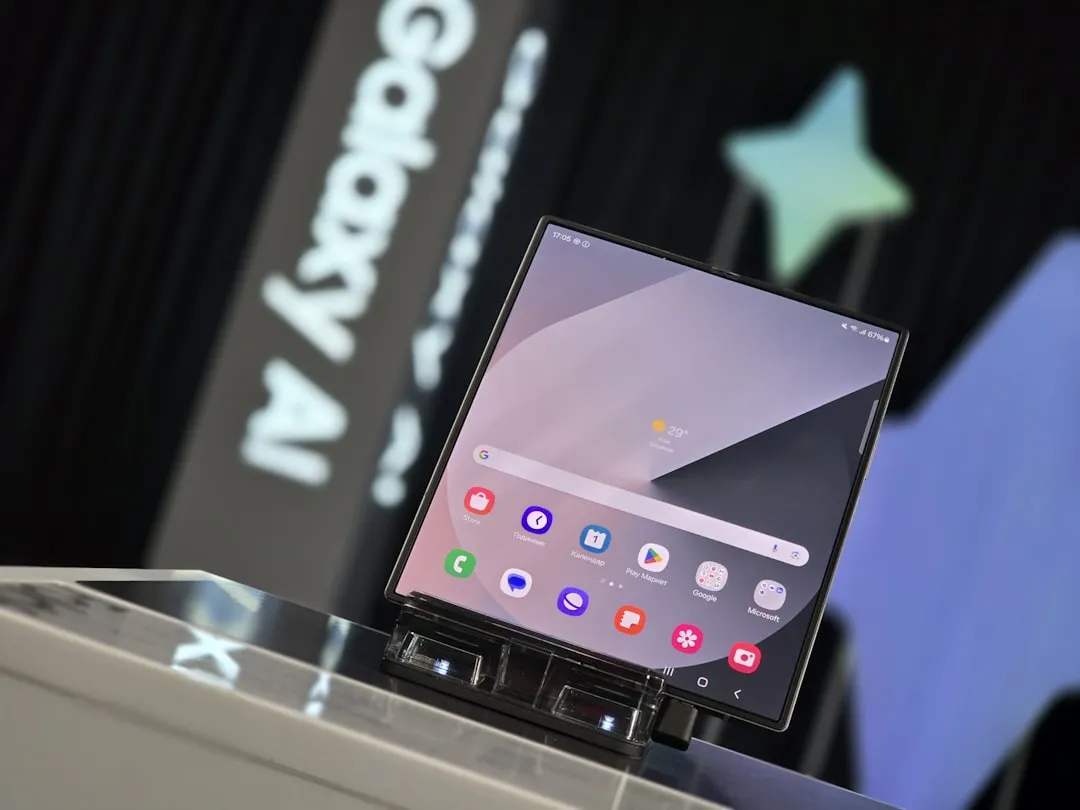Reviewed by Julianne Ngirngir
Ever notice how you still hit Reddit when you're trying to figure out if a game is worth your time? Google definitely has, and they're not thrilled about it. While we're all scrolling through r/AndroidGaming for the real scoop on whether that new RPG is actually good or just another cash grab, Mountain View is cooking up a plan to keep those conversations right where they want them: inside the Play Store itself.
Here's the thing—Google's already testing AI-powered Q&A features that let you ask questions about apps directly in their listings, though it's currently limited to select users and apps. Meanwhile, the company is quietly absorbing key features from Google Play Games into the main Play Store, including achievement tracking and gamer profile management. And with Steam pulling in 69 million daily users who spend significantly more time engaged with their gaming platform, Google clearly sees the writing on the wall.
Why your game research habits are Google's biggest problem
Let's be honest about how this actually works. You see a game in the Play Store, maybe watch the trailer, then immediately bounce to Reddit or Discord to find out what real players think. Nearly half of mobile gamers (49%) research player reviews and ratings across the web, and one in five specifically research a game's online community before installing.
This habit drives Google absolutely nuts, and for good reason. Every time you leave their ecosystem to get the real story, that's engagement and data walking out the door. But it's more than just lost eyeballs—when Genshin Impact players flock to r/Genshin_Impact's 2.1 million members for artifact guides rather than asking questions in the Play Store, Google loses both community insights and the opportunity to surface related gacha games through targeted recommendations.
The financial incentives here are massive. Mobile games account for 23% of all mobile gaming revenues in popular RPG markets, and Google Play Points already has over 220 million members in what's become one of the world's largest rewards programs. When you're researching games on Reddit instead of in Google's ecosystem, they're missing out on converting that community engagement into actual purchases—and more critically, they can't use your research patterns to train their recommendation algorithms for the next potential spender.
But there's a deeper issue at play. Google has developed a reputation for killing services that were much loved by their users, and their culture rewards "developing things quickly and not necessarily well." This creates a trust gap that sends users seeking authentic opinions from independent communities rather than relying on Google's algorithmic recommendations.
The Steam problem Google can't ignore
Here's what's really keeping Google's gaming team up at night: Steam's engagement model. PC gamers can immerse themselves in a game for two hours on average, compared to mobile's typical 10-minute sessions. But it's not just about session length—it's about community stickiness.
Steam's community features, from user reviews to discussion forums, create a self-reinforcing ecosystem where players research, purchase, and discuss games all in one place. Top games like Fortnite, Genshin Impact and Hearthstone maintain presence on both PC and mobile platforms, and Google sees how much more engaged those cross-platform communities become.
Steam's seasonal sales strategy reveals another dimension of community engagement—their four annual sales generate 23% year-over-year growth precisely because community discussions create purchase urgency. When players share wishlist strategies and recommend hidden gems in Steam forums, they're doing Google's marketing work for Valve. Meanwhile, Steam's global revenue didn't waver even after the end of the pandemic, and the platform shows amazing growth in key markets where Google Play also competes.
This is why Google Play Games on PC exists at all—they're trying to bridge that engagement gap. With over 3,000 games ported to the service, Google is betting they can capture some of that deeper PC engagement and bring it back to mobile.
What forum-ification actually means for your gaming
So what happens when Google transforms the Play Store into a gaming forum? Based on the APK teardown reveals and their current trajectory, we're looking at a pretty fundamental shift in how you discover and discuss games on Android.
The early signs are already there. Google is working on adding an AI avatar generator for gamer profiles, letting you create custom profile images with different characters, backgrounds, and art styles—very much like what you'd expect from a gaming-focused social platform. Combined with their existing AI-powered app queries, you're looking at a system where you can ask specific questions about games and get personalized, AI-generated responses rather than hunting through Reddit threads.
Instead of checking five different places to research a game, you'd potentially have AI-curated discussions that learn from your specific device history—if you always ask about battery drain on your Pixel 7, the AI would prioritize battery performance in gaming recommendations and surface relevant community discussions first. The beauty here is that Google can now correlate your discussion engagement with purchase behavior to predict which features matter most for converting browsers to buyers.
The UGC moderation requirements alone tell you how serious Google is about this shift. Their detailed policies for user-generated content include requirements for robust reporting systems, content filtering, and safeguards against monetizing objectionable behavior. That's not the policy framework of a simple app store—that's the foundation for a social gaming platform that needs to manage real conversations between real players.
The catch: Google's forum might actually work
Here's the part that might surprise you: this could actually be better than our current Reddit-hopping routine. Over 81% of players reach out to support when they encounter in-game issues, and good support interactions lead to 35% of players playing more and 24% leaving positive reviews. If Google can integrate developer support directly into these forum discussions, that's genuinely useful.
The AI component could solve real problems too. Instead of scrolling through months of Reddit posts to find someone who had your specific graphics issue, you could ask the Play Store AI about known problems with your device model and get an immediate, sourced answer. Google's AI features already provide detailed app analysis, and extending that to community-sourced gaming problems makes a lot of sense.
Plus, there's the convenience factor. The Play Store is evolving from a destination people visit for apps to an end-to-end experience, with personalized game recommendations and content discovery built right in. What's interesting is how this could change the discovery process entirely—but more importantly, Google can now correlate your discussion engagement with purchase behavior across their entire gaming ecosystem, including predicting which community features drive the highest lifetime value players.
There's also a privacy dimension worth considering: when all your gaming discussions happen within Google's ecosystem, they gain unprecedented insight into not just what you play, but how you think about games, what problems you encounter, and which community aspects influence your spending decisions.
The real question isn't whether Google's forum strategy will work—it's whether you're ready to trust Google with your gaming conversations. Given their track record of killing beloved services and their obvious financial motivations, that trust doesn't come automatically. But if they can actually deliver better game discovery and more helpful community features than our current patchwork of Reddit, Discord, and YouTube research… well, maybe your next gaming question doesn't need a separate browser tab after all.
























Comments
Be the first, drop a comment!